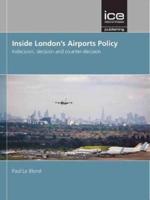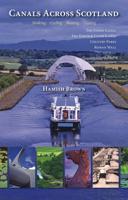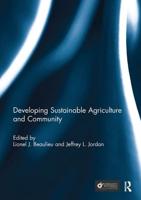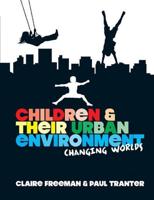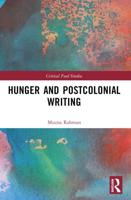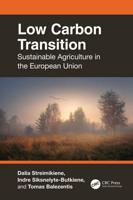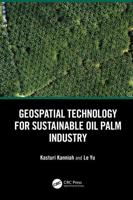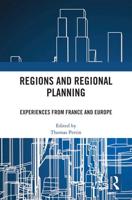Publisher's Synopsis
Many urban and transportation problems, such as traffic congestion, traffic accidents, and environmental burdens, result from poor integration of land use and transportation. This graduate-level textbook outlines strategies for sustainably integrating land use and transportation planning, addressing the impact on land use of advanced transport like light rail transit and autonomous cars, and the emerging focus on cyber space and the role of ICT and big data in city planning.
The text also explores how we can create sustainable cities for the future. In contrast to the "compact city", which has been proposed as an environmentally friendly urban model, recent years have seen an acceleration in the introduction of ICT-based "smart city". As people's lives are drastically changed by COVID-19, a new form of city is being explored. The new concept of a "smart sharing city" is introduced as an urban model that wisely integrates physical and cyber space, and presents a way to solve future urban issues with new technologies.


